CEFA Early Learning Framework Supports Lifelong Learning
Enrolling your child at Core Education & Fine Arts (CEFA) gifts them much more than a magical child care experience. CEFA has the Early Learning framework to create a strong foundation for learning today and for success later in life. Nearly 90% of brain growth takes place between ages 1—5, when over one million new neural connections are formed every second. These are the connections that build the foundation of a person’s brain architecture—a foundation upon which all later learning, behaviour, and health depend. This has been shown in over 150 reputable scientific studies, and is the reason why we’ve developed our Early Learning framework.
“Research has shown that the early years in a child’s life – when the human brain is forming – represents a critically important window of opportunity to develop a child’s full potential and shape key academic, social, and cognitive skills that determine a child’s success in school and life.”
“Now, today, some children are enrolled in excellent programs. Some children are enrolled in mediocre programs. And some are wasting away their most formative years in bad programs….That’s why I’m issuing a challenge to our states: Develop a cutting-edge plan to raise the quality of your early learning programs; show us how you’ll work to ensure that children are better prepared for success by the time they enter kindergarten."— Former US President Barack Obama
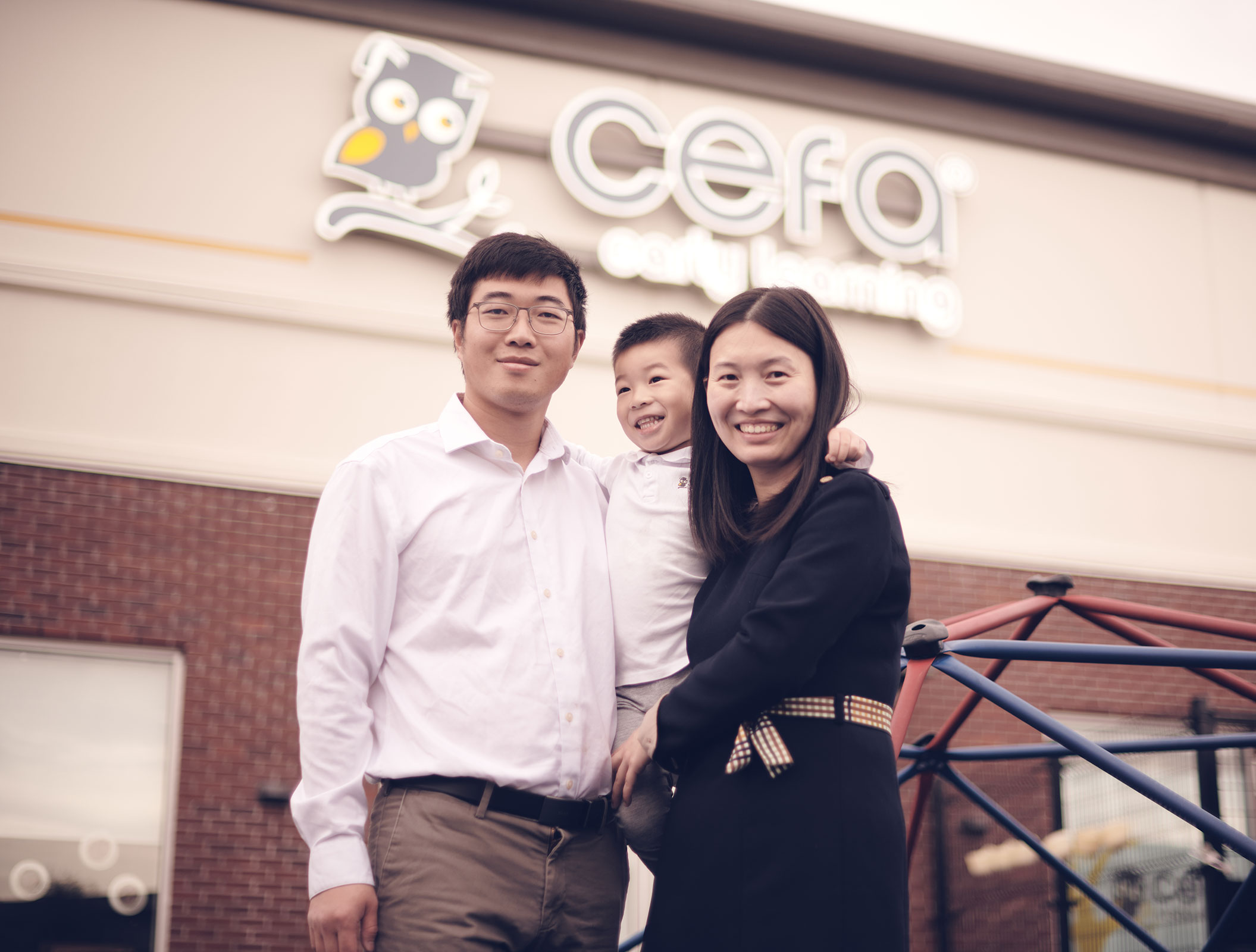
Source: Starting Strong IV: Monitoring Quality in Early Childhood Education and Care – OECD (2015b), OECD Publishing, Paris
Brain Development between ages 1—5 is the most critical time
Some of the most dramatic physical changes that occur between ages 1—5 are in the brain. During these years, children undergo a period of rapid neural growth called synaptic blooming. The formation of thousands of new connections takes place, and a child’s brain overproduces synapses as it rapidly develops. The more experiences a child has during these ages, and the more they learn, the more of these neural connections take hold. This is followed by a gradual period of selective pruning, where all the extra synapses created in the early years that have not found connections are eliminated.
Since synaptic blooming takes place between ages 1—5, it’s an important time to ensure children are learning. There are four key areas of brain development during synaptic blooming, called sensitive periods, and they include expansions in the areas of Language, Numbers, Peer Social Skills, and Emotional Control, which make up each section of the framework for our curriculum.
Children benefit immensely just from being exposed to these subjects, and the amount and quality of experiences that they receive during these sensitive periods sets the foundation for learning that a child builds upon for the rest of their lives.
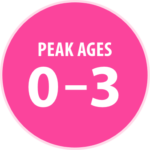
Language
The foundational reading and writing skills that develop from birth to age five have a clear and consistently strong relationship with later conventional literacy skills. Children’s early phonological awareness—that is, their ability to distinguish among sounds within auditory language—can also predict later literacy achievement.
In general, skilled reading in elementary school and beyond is shaped by early literacy experiences long before a child encounters formal reading instruction. Providing children strong literacy education in the early years leads to better academic outcomes and reading success later in life. The involvement in rich language and literacy experiences creates tremendous opportunities for children.
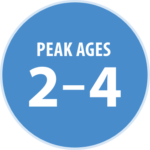
Numbers and Math Language

Peer and Social Skills
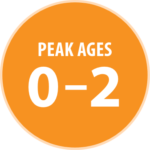
Emotional Control & Emotional Intelligence
Emotional control and Intelligence begin at a very young age, and different emotions emerge at different times. Nurturing connections is important as children learn to understand, manage, and navigate through big feelings like anger, joy, excitement, fear, frustration, and affection. Children also learn to perceive, process, and predict these emotions in others. Evidence suggests that, in the first six months, infants can experience and respond to distress by adopting self-soothing behaviour. Other studies have found that toddlers who develop self-regulation skills in infancy are able to avoid or approach situations depending on their emotional impact.
Arts in early childhood can have social and emotional benefits. Children learn to channel their feelings in productive and creative ways with the right curriculum encouraging self-expression. When kids are actively involved in creative, dramatic and musical arts, they are provided with an outlet to harness and project their emotions in positive, communicative and creative ways. Children also learn to recognize how their peers communicate these emotions in various forms.
Early Learning has a long‑term positive impact
Studies show that children who have had access to high-quality early learning have higher IQ levels upon entering kindergarten, higher test scores at age 14, and higher high school graduation rates. These studies (like the Perry Preschool Project, the Abecedarian Project, and the Itasca Project) also show that as adults, on average, these same children grow to cultivate a positive and confident disposition toward learning, earn larger salaries, have lower rates of pre-hypertension, and even have a significantly lower risk of coronary heart disease.
Access more research on the Importance of Early Learning now.
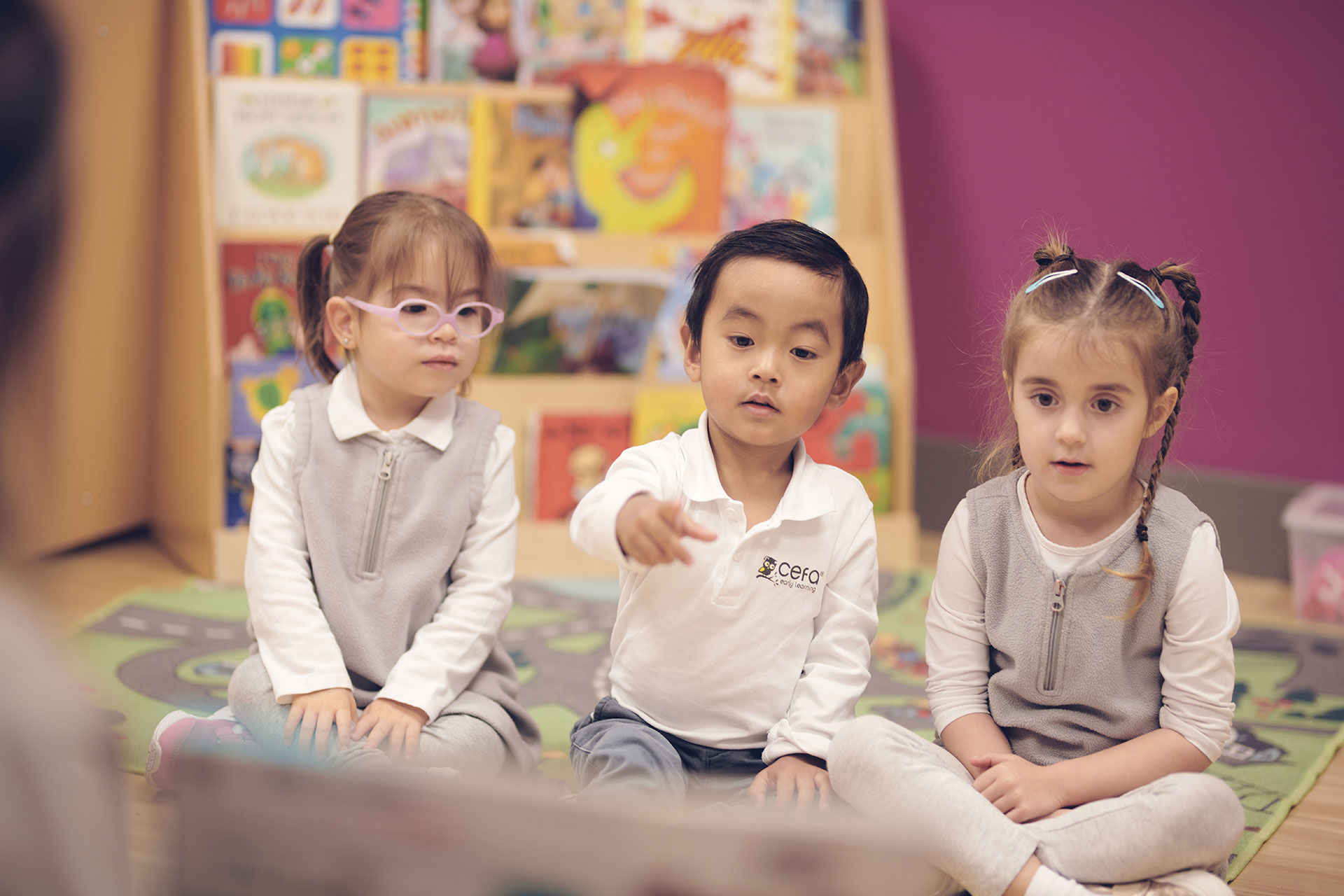
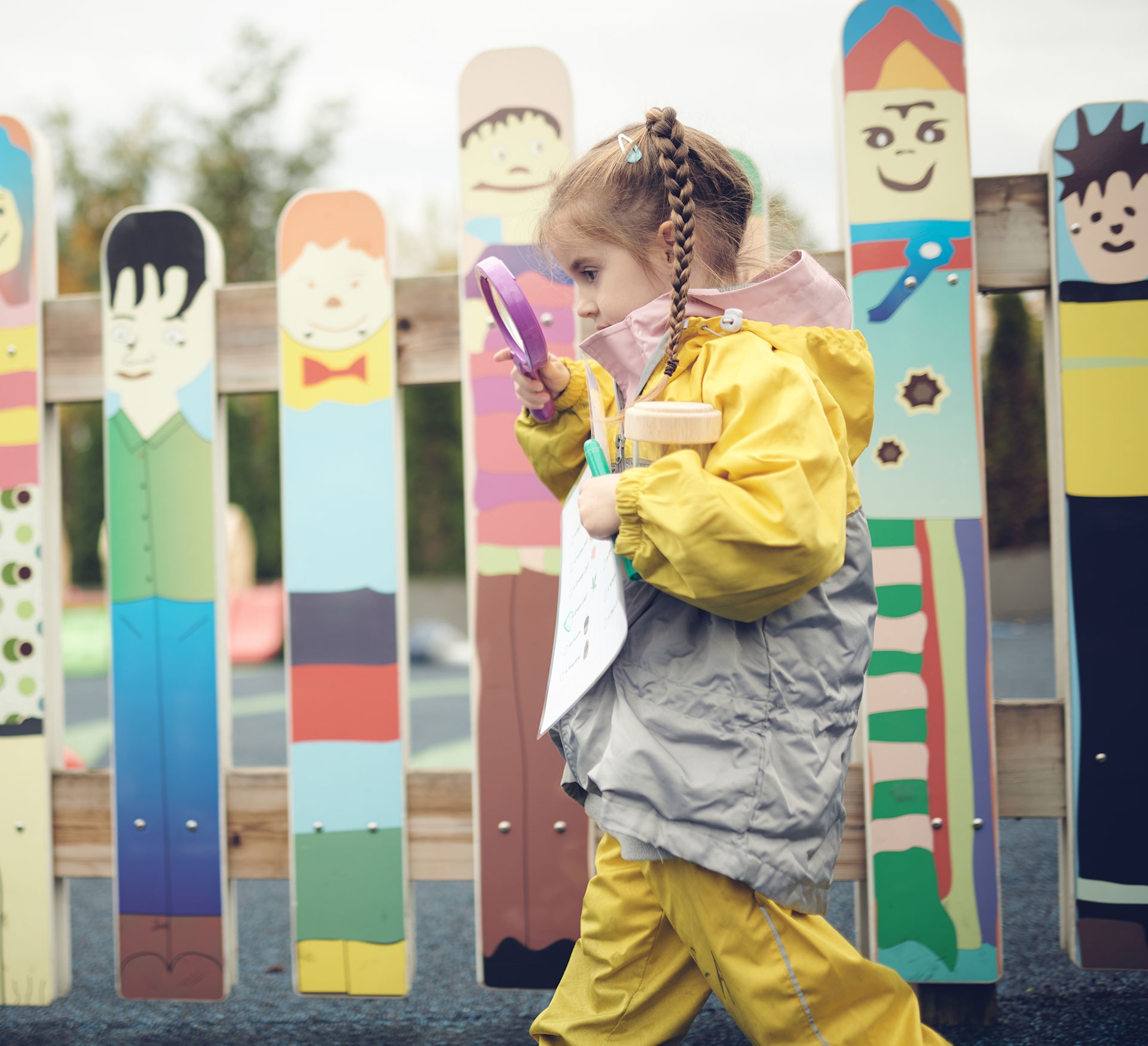
Care is essential, but children need more than care to thrive
It’s important that children are given what they need at appropriate times in their development.
Ensuring they’re in an enriching environment that fosters and celebrates early learning can have a life-changing, positive impact for a lifetime. The CEFA curriculum was built based on the importance of brain development during the early learning years, and the importance of subjects within the curriculum that directly reflect the needs of children at these ages is foundational to our schools.
The more experiences a child has during the ages of 1—5, and the more they learn, the more newly created synapses take hold, and the more they can achieve in their lives. All CEFA programs are modelled around this important concept. CEFA Baby and Junior Kindergarten programs are the most sophisticated of their kind, continually incorporating the latest philosophies on early childhood education and Early Learning.
The CEFA methodology reflects best practices from Early Learning programs around the world, where many countries have adopted early learning into their school systems, including the French model where school starts at age 2 for children, and the Chinese model where school begins at age 3.
CEFA is the leading Early Learning private school in Canada.
